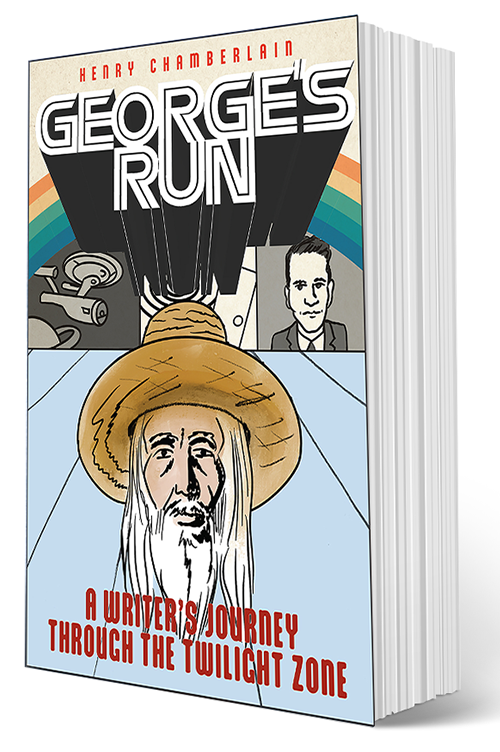
Tenderness. Alison MacLeod. Bloomsbury. London. 2021. 640pp. $24.49
Editor’s Note: This book is ready for pre-order purchases. Available in the US as of 11/09/21.
Tenderness is a feast of a novel. This is easily one of the best current reads. And it all has to do with what once was an obscure novel nearly killed in the cradle. Many people have at least heard of Lady Chatterley’s Lover, by D.H. Lawrence, originally published privately in 1928 and finally made available in 1960 after an infamous obscenity legal battle in the UK and the US. Oddly enough, even after surviving the courts, this most misunderstood of novels was nearly killed again in a self-imposed academic attempted murder by feminist scholars because of what they deemed as certain less than enlightened depictions of some female characters in the novel. It is a case of cancel culture from another era. Today, the novel has well cleared the hurdle of extinction. At this writing, Netflix is in production for a spectacular new film version starring Emma Corrin (The Crown) as Constance Chatterley. Now, back to the novel in question. Tenderness explores the world of Lady Chatterley primarily from the inner world of the author and the behind the scenes tug-of-war between killing and saving the book. This culture war is led by FBI Director J. Edgar Hoover on the side to suppress, and future First Lady Jacqueline Kennedy on the side to save.

1960: Lady C helps usher in the Sexual Revolution! Keystone/Getty Images
The hallmark of any great historical novel is how it juggles many points of view. One of the paths this novel cuts is political. Jackie Kennedy is a classic icon: familiar while shrouded in mystery. There is nothing officially documented about Jackie Kennedy in support of Lady Chatterley but, for the sake of this historical novel, she makes for a perfect advocate. MacLeod places Jackie in attendance at a 1959 public hearing on Lady C which, in turn, results in an FBI surveillance snaphsot of her that sets in motion a whirlwind of clandestine activity by Hoover and his henchmen to bring down JFK’s presidential bid. Anyone who knows anything about Lady C, or has actually read the book, knows that this novel has as much, or more, to do with political power than with sex. Clearly, Jackie is the ultimate symbol of a political bedfellow. In 1960, Jackie was still closer to the limited world of Lady C, trapped in her own sexless marriage. The only power a woman in her position could rely upon was found through marriage. And the only control a man could rely upon over a woman, at that time, was through marriage. It is the institution of holy matrimony that is threatened by Lawrence’s controversial novel. That is actually the most “obscene” thing in the novel any detractor could say against it.

The day in 1960 when Lady Chatterley’s Lover was published after a long legal battle. Derek Berwin/Getty Images
MacLeod’s love for literature rings true in this novel which acts as a love letter to Lady C and great fiction. As any masterful writer knows, one of the most appealing aspects of embarking upon a novel is the opportunity to treat it as a vast canvas upon which you can paint your greatest passions. This passion for storytelling is brought out in the character of Dina, an ancestor to friends of the family of D.H. Lawrence, and a budding literary scholar. It’s more than a good chance that Dina stands in as an alter ego for MacLeod. It is through Dina that MacLeod can express her greatest admiration for Lawrence’s landmark work, both erudite and heartfelt. It may have been only a matter of time before just the right author came along and channeled D.H. Lawrence. Tenderness was to be the original title for Lawrence’s novel as it gets to the heart of his theme that we inevitably must give way to the demands of the body. MacLeod honors that theme with her invigorating book.









